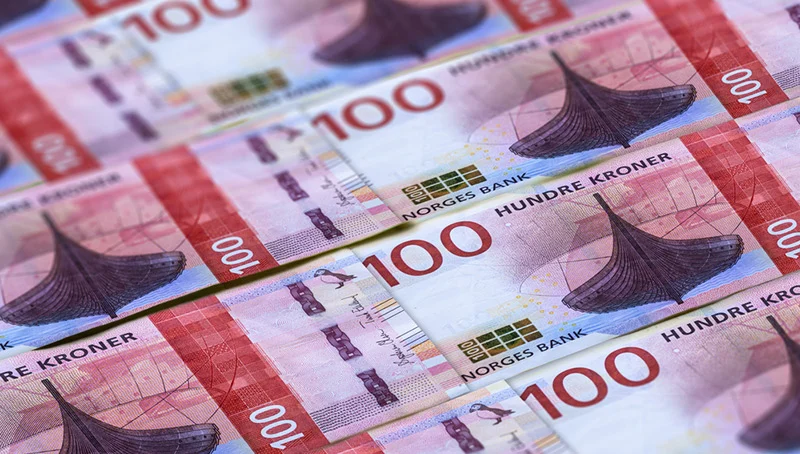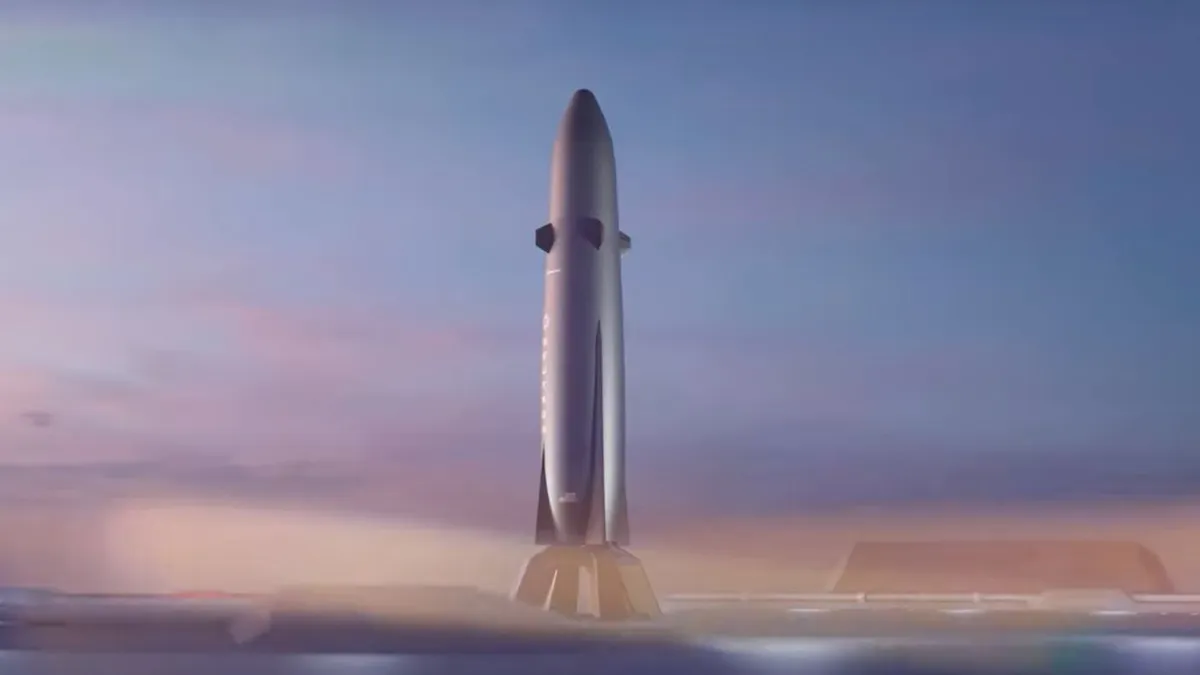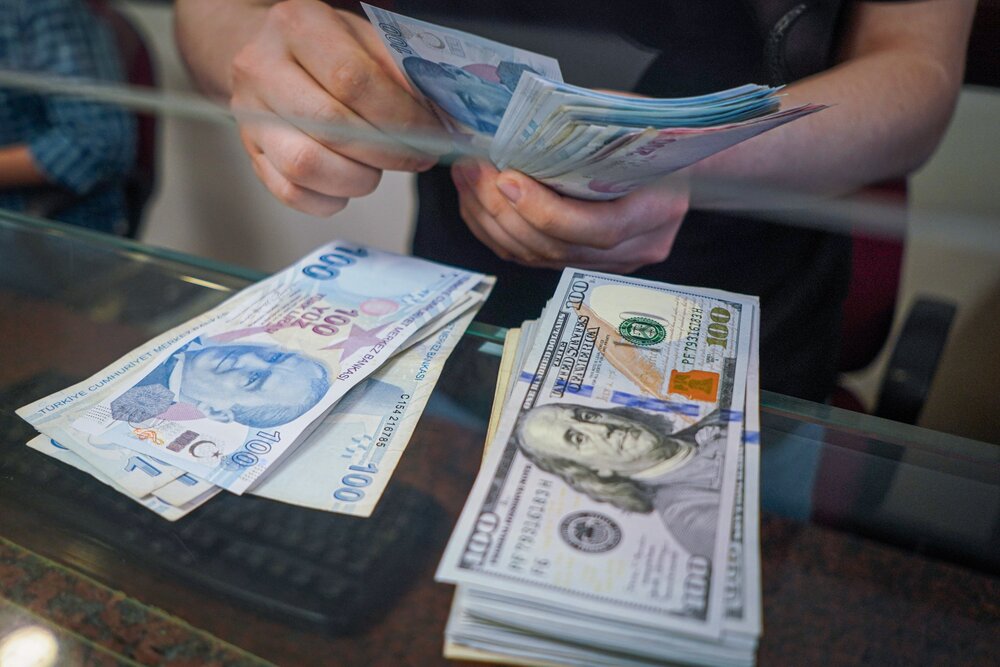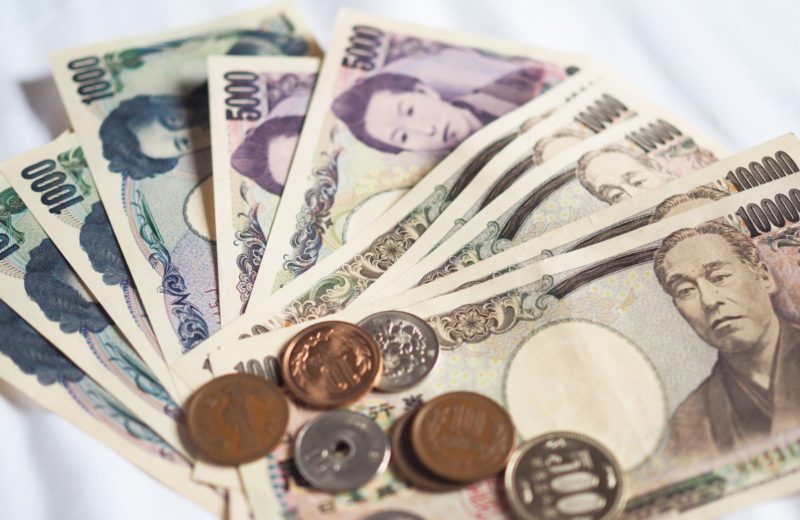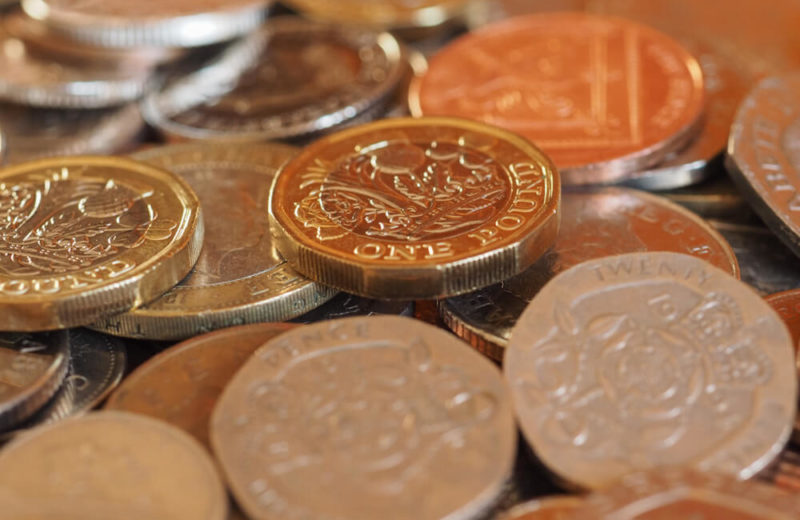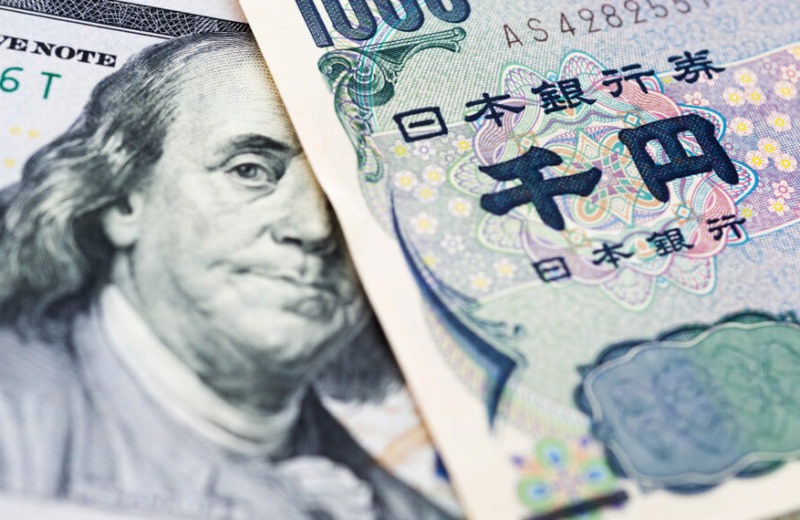Market analysts are repeating a new refrain because of Norway’s vast wealth from its gas and oil fields. The krone is currently in the midst of a significant rally.
Given its decade of losses and that Norway is enjoying trillions of kroner from oil exports, Danske Bank A/S and Bank of America Corp say the currency is a steal. The krone has depreciated about a third of its worth versus the euro in the last decade. In Group of 10, this was the largest fall.
According to Morgan Stanley, the Norwegian krone is expected to gain 15% versus the dollar this year. Among the G-10 peers, it is anticipated to provide the greatest return. It is the cheapest currency in the world, according to Deutsche Bank AG.
Norway’s position as the EU’s principal natural gas supplier is at the heart of the bullish argument. As a result, it has taken on a function previously performed by Russia. Moreover, half of the country’s total exports are oil and gas shipments from Norway. Over the last year, they have risen by 130%.
Analysts Discuss Some of Krone’s Current Tailwinds
Since the beginning of the year, the krone fell 2% against the euro. Due to a broad rally in the common currency, it underperformed all of its G-10 peers. Gasoline costs, on the other hand, have dropped. It sank to a new low on Tuesday, trading at around 10.7 per euro, after touching the lowest level in November 2020.
If euro-zone stock prices show signs of petering out, Danske recommends selling the euro versus the krone. It has a substantial advantage over the Swedish Krona.
Strategists consider Norway’s terms of trade. This is a financial strength indicator that uses the ratio of export to import prices. Since 2020, the price has increased dramatically. Also, at the end of last year, the country’s growing exports pushed its trade balance to an all-time high. During a period of economic difficulty, it demonstrates its energy supply capabilities in Europe.
The reopening of China has sparked expectations that global commodity demand will increase this year. Meanwhile, given the ongoing war in Ukraine, natural gas and other energy sources in Europe are expected to stay plentiful.


